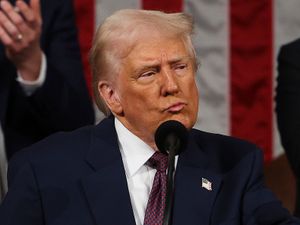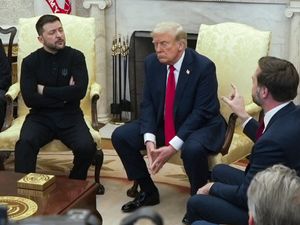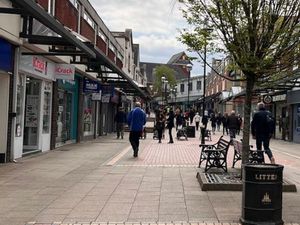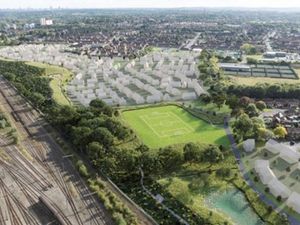West Midlands mayor sets out plan to create 100,000 jobs lost during pandemic
Andy Street, ex managing director of John Lewis, said the cost of the pandemic on the region’s economy had been ‘stark’.
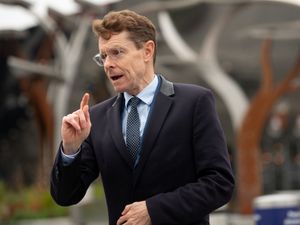
The West Midlands mayor has set out how his office plans to help create 100,000 jobs to replace those lost as a result of the Covid-19 pandemic.
Unveiling a two-year blueprint on Monday, Conservative incumbent and former John Lewis managing director Andy Street said coronavirus had hit the region hard, “eradicating the gains of the previous three years”.
The plan covers sectors from those hardest-hit like non-essential retail, to the region’s lynchpin industries such as automotive and house-building, as well the cutting edge, like life-sciences.
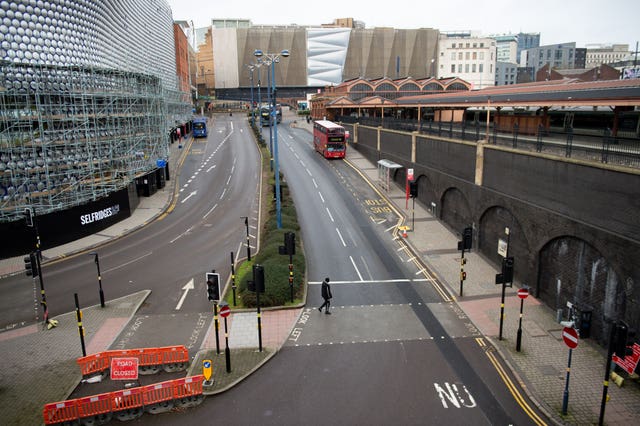
Among the proposals are schemes supporting 20,000 spaces for young people to get six-month paid placements under the Government Kickstart programme and 10,000 slots for short courses in the construction, digital and healthcare sectors, with a guaranteed interview at the end of studies.
Mr Street, who rose up through the ranks of high street retailer John Lewis before leaving for a successful run for mayor in 2017, said the situation was “stark” across the West Midlands.
He said: “The aim of my plan must be this: get 100,000 people back on the path to good-quality employment within two years.
“But we also need to make sure they are spread evenly across the West Midlands and can be accessed by our region’s youngsters and those from some of the most deprived communities.”
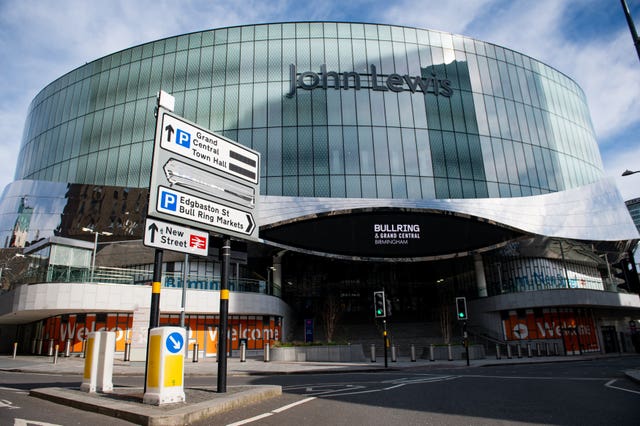
He added the plan’s numbers were deliberately conservative, saying: “There’s no point, given the urgency of the situation, us producing loads of numbers that are never-never.”
The elected mayor, as chair of the West Midlands Combined Authority (WMCA), is responsible for an area covering three million people covering Birmingham, Wolverhampton, Solihull, Coventry, Walsall, Sandwell and Dudley.
Counting the economic cost of Covid-19 to the region, he said estimates of jobs lost over the past 12 months ran as high as 160,000.
However, he said the more reliable out-of-work claimant count figure was up 85,000 over the period, which is the target his jobs plan would be aiming to cover.
He added that young people were “facing great difficulties finding work”, while the area’s black, Asian and minority ethnic (BAME) communities had also been disproportionately affected by the economic impact of coronavirus.
Mr Street said the mayor’s role was limited in what it could do but that he would “act as regional convenor between the public sector, business and academia – as well as the main link to central Government”.
However, the mayor said it would be private sector growth providing the “backbone of any region’s recovery and future growth”.
Mr Street, who is up for re-election at the polls in May, said he was ruling out charging firms a business rates supplement – such as the one levied in London to help pay for the city’s Crossrail project – adding industry was hard-pressed enough dealing with Covid-19.
The mayor said the region needed to make the most of leveraging job creation from its existing “big wins”; the HS2 high-speed rail project, the 2022 Birmingham Commonwealth Games and the Coventry 2021 City of Culture programmes, to boost jobs.

The scheme draws stark comparisons between sectors which have proven most resilient, like financial services, and those such as non-essential retail.
Mr Street said retail would be a changed landscape once trade returned to more normal levels, adding UK cities should be under-going a “reinvention”, pointing to examples in the UAE and China.
For example, he said he did not expect the former flagship John Lewis store in Birmingham’s Grand Central site to return as a department store.
Mr Street said there was room for “something really innovative” in its place, like those seen in the malls of China and Abu Dhabi.
“I’m not saying an indoor ski slope, but there’s eSports centres in China, incredible leisure activities, so I think the landlord will think really originally about that space,” he said.
He added that potential jobs from a gigafactory electric vehicle battery plant had not been included in the plan, as they were not confirmed.
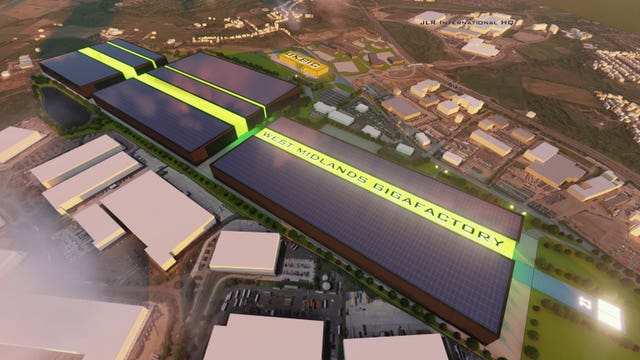
Mr Street has previously quoted 4,000 new jobs could be created by a plant, with a favoured site already ear-marked near Coventry airport, with “at least 10,000” more roles in the supply chain.
“That race for the first one (gigafactory) is still absolutely open,” added Mr Street.
He said the WMCA and partners were “actively working” with the Department for International Trade “to attract that investor”.
The mayor also flagged up the strong possibility of more civil service jobs coming to the region after last week’s announcement 500 Ministry of Housing, Communities and Local Government (MHCLG) jobs were coming to Wolverhampton.
Mr Street said: “There are definitely firm plans – which I think will be announced very shortly – of further central Government relocations.”


